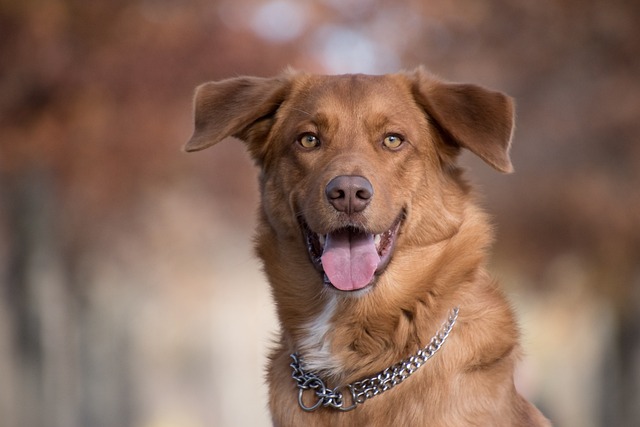
How can I tell if my dog's heatstroke is serious
Let’s be real: It’s a sticky August morning in Los Angeles, and you took your 2-year-old Golden Retriever, Max, for a walk a little later than usual
Wondering how often you should really be tackling your dog's teeth? It's one of those questions that sneaks up on every pup parent—right up there with “Is this treat too many?” and “Why does he chew the couch?” Let's break it down, no jargon, just what works for your furry friend.
Most vets will tell you: aim for 2-3 times a week, minimum. Think of it like brushing your own teeth—consistency matters more than overdoing it. Puppies? Start slow, maybe once a week, to get them used to the feel of the brush. Their tiny mouths are still developing, so gentle habits now prevent fuss later.
Adult dogs? If yours is under 6 and in good shape, sticking to that 2-3 times weekly routine keeps tartar from turning into trouble. But here's the thing: small breeds like Yorkies or Chihuahuas? They're prone to tartar buildup faster than larger pups, so you might need to step up to 3-4 times a week. Their little jaws cram more teeth into less space—prime real estate for gunk.
 Senior dogs? Dental issues often creep in as they age, just like with humans. Arthritis might make them less tolerant of brushing, so chat with your vet about adjusting. Maybe 2 times a week with a softer brush, plus regular checkups to catch gingivitis early. Many areas require annual wellness exams, and dental checks are part of that—smart to lean into those.
Senior dogs? Dental issues often creep in as they age, just like with humans. Arthritis might make them less tolerant of brushing, so chat with your vet about adjusting. Maybe 2 times a week with a softer brush, plus regular checkups to catch gingivitis early. Many areas require annual wellness exams, and dental checks are part of that—smart to lean into those.
What about professional cleanings? Plan on once a year for most dogs, but ask your vet. Some need it every 6 months, especially if they've had past issues. Just remember: pro cleanings usually require anesthesia, so your vet will screen for health risks first—standard practice to keep your pup safe, and totally in line with how we care for our pets here.
At-home tools matter, too. Skip the human toothpaste (it's toxic for dogs!) and grab a pet-specific one—they're formulated to be safe if swallowed, which matters when your dog licks every last drop. Brushes with soft bristles work best, or finger brushes if your dog prefers that. No need for anything fancy; consistency beats expensive gadgets.
Notice bad breath that won't quit? Or red, swollen gums? Those are signs to call the vet, not wait for your next schedule. Ignoring it can lead to bigger issues—pain when eating, even infections that spread. Dogs hide discomfort well, so staying alert is part of being a responsible owner.
Start small, keep it gentle, and your pup's smile (and breath) will thank you. It's not about perfection—even a quick brush a few times a week makes a world of difference. And hey, turning it into a bonding moment? Your dog might just start looking forward to it. Who knows—you might even get a few extra licks for your efforts.

Let’s be real: It’s a sticky August morning in Los Angeles, and you took your 2-year-old Golden Retriever, Max, for a walk a little later than usual

You're enjoying a summer afternoon at the park when you notice your dog has stopped panting and appears disoriented - their gums are bright red

Let’s paint the picture: You’re in your Denver apartment, watching your 4-year-old Boston Terrier, Ruby, plop down mid-play session with her favorite toy

Many dog owners notice their pets nails seem shorter after regular walks,but how much does this daily activity actually help?The answer depends on where you walk—concrete sidewalks or asphalt streets gently file nails as a dog's paws hit the ground

Most dog owners notice their pup scooting across the carpet at some point, but few connect it to impacted anal glands. These small sacs near a dog’s rectum secrete a scent for marking territory

Most vets agree that regular dog teeth cleaning is key to avoiding painful dental issues later. For healthy adult dogs, a professional cleaning at the vet’s office every 12 to 18 months usually works well.